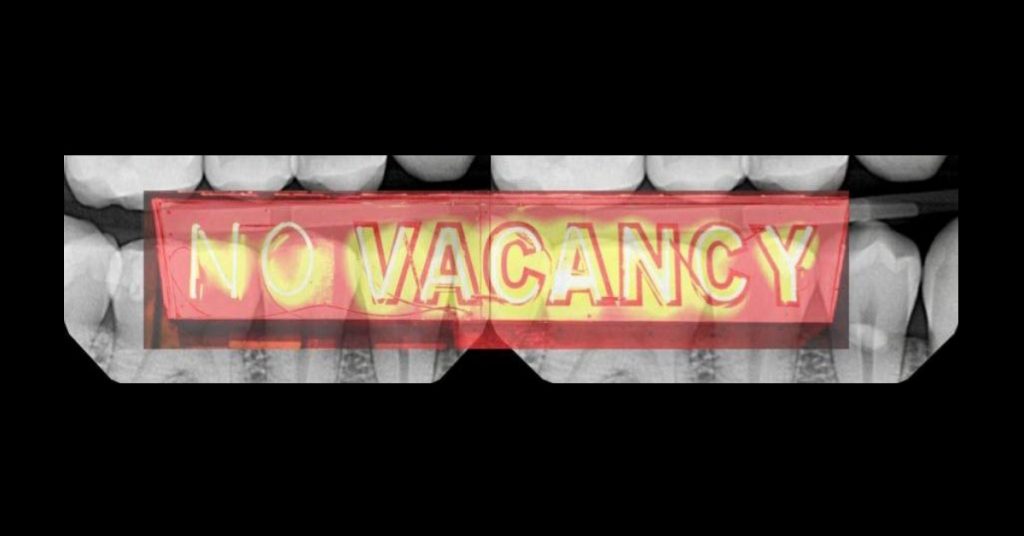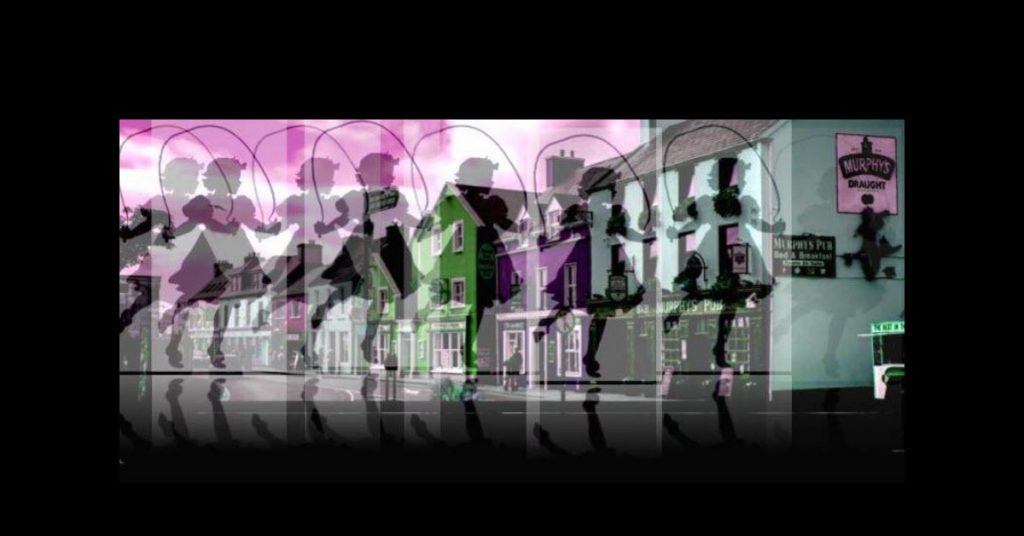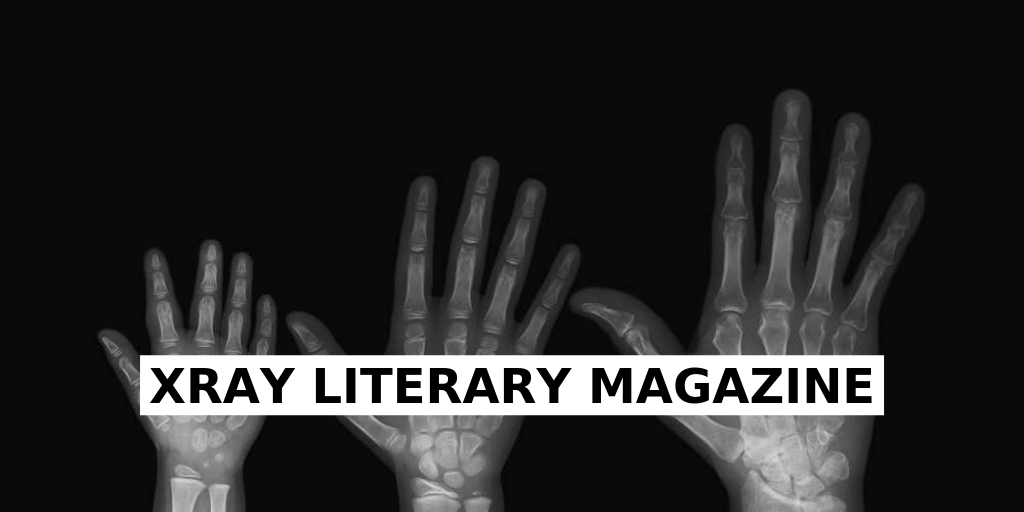
ROOM 321 by K.C. Mead-Brewer
You’re late. That’s what he says when she sits down at the crowded hotel bar. She doesn’t recognize him, but his smile, well. All women recognize that smile. She smiles back, a curve plucked from a well-worn catalogue of Please Leave Me Alone Please Don’t Ruin My Night Please Stop Please You’re late, he says again, leaning closer. But don’t worry, your ice hasn’t melted yet. He slides a sweating glass of something red as a red red rose in front of her. The drink leaves a slime trail in its path that makes her think of slugs and snakes,…


